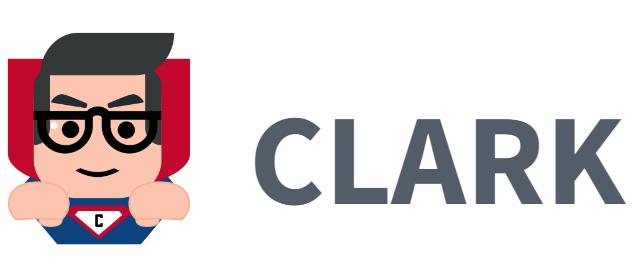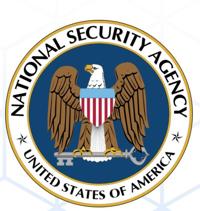| NSA's Cybersecurity Curriculum |
| Written by Nikos Vaggalis |
| Tuesday, 25 April 2023 |
|
The CLARK (Cybersecurity Labs and Resource Knowledge-base) Center from Towson and the NSA have published hundreds of cybersecurity learning courses and modules. Let's check what's on offer. CLARK is a platform for building and sharing free cybersecurity curricula. It provides cybersecurity educators with the building blocks to train the next wave of researchers and better prepare the cybersecurity workforce. It draws from a very large collection of cybersecurity topics with high-impact cybersecurity curriculums created by top researchers and peer-reviewed by instructional designers and subject matter experts. It provides access to more than 700 “learning objects” including labs, videos, lecture notes and other formats which are free under the creative commons license. To get a better idea, here's a few of the most popular courses on CLARK:
and many others… Now in cooperation with the NSA it makes hundreds of cybersecurity modules available under the NSA NCCP (National Cybersecurity Curriculum Program) in an effort to build a cyber-skilled workforce which is critical to the continued security across social, economic, and political domains. Towards this goal, the National Cybersecurity Curriculum Program aims to:
In that respect there are over 600 NSA sponsored modules with durations ranging from a 4-10 hours to several weeks. The list is too extensive to copy it here but some of the top-level featured ones include :
A couple of years ago there was another offering by another Government organization, this time by the British GCHQ, which we examined in CyberChef - The Developer's Ultimate Toolbox : Are all government agencies falling in love with GitHub and open sourcing their tools? Of course the recent and hottest headlines belong to NSA's release of its reverse engineering tool Ghidra, but this latest offering from the UK's Government Communications Headquarters (GCHQ) should not go unnoticed or be underestimated. That offering is CyberChef, a general purpose tool, therefore more useful than the specialized and niche Ghidra. It's a tool that provides functionality that every developer needs for their day-to-day workload. That range of functionality is staggeringly large, ranging from the popular toBase64/fromBase64 and URL encode/decode, to encryption with AES/DES/Blowfish and JWT, to Arithmetic and Logic with calc and bitwise operations, up to Language and Charset conversions. It seems that once clandestine Government security organizations are becoming more open and approachable to the wider developer public. Potentially seeking new blood? More InformationRelated ArticlesCyberChef - The Developer's Ultimate Toolbox A Reverse Engineering Workshop for Beginners
To be informed about new articles on I Programmer, sign up for our weekly newsletter, subscribe to the RSS feed and follow us on Twitter, Facebook or Linkedin.
Comments
or email your comment to: comments@i-programmer.info |
| Last Updated ( Tuesday, 25 April 2023 ) |




